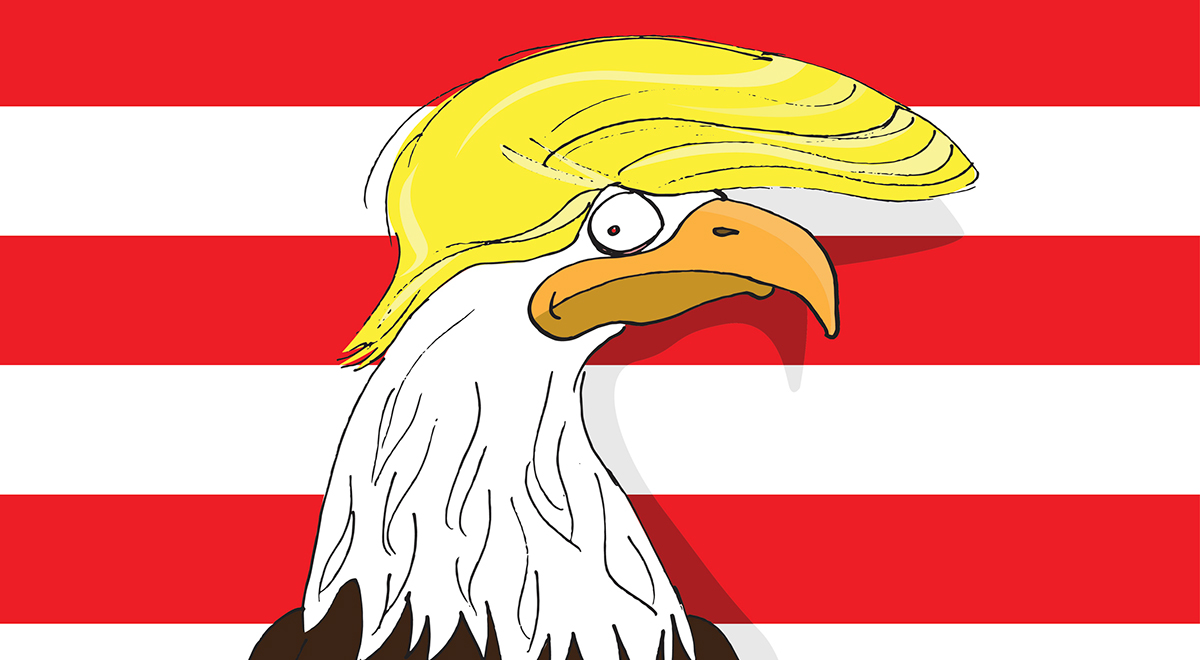Few institutions in the United States are as despised by the majority of people than Big Pharma – and with good reason. Pharmaceutical companies have repeatedly demonstrated their willingness to sacrifice human health and life itself in the name of maximizing profits. They have made life-saving medications unaffordable, are constantly producing products that cause injury and death, and have an army of lobbyists on Capitol Hill that bribe and strong-arm legislators into doing their bidding.
Now that the nation is looking at a President who has promised “reform” in Washington D.C., one of the questions is: how much of a Trump Administration’s policies will benefit the pharmaceutical industry? And how much will they hurt health care consumers?
On one hand, Big Pharma has reason to pop the champagne corks. One of the policy changes will involve the practice of “tax inversions,” a strategy by which U.S. corporations set up headquarters overseas in order to avoid contributing tax revenue to the country that has subsidized and coddled them, enabling them to profit so handsomely. Instead of pushing for legislation that would severely penalize corporations for engaging in this practice, Trump plans to lower the corporate tax rate to 15%. Furthermore, Trump intends to slash taxes on foreign profits to a mere 10%.
Don’t expect Big Pharma to plow those windfall profits back into research and development. Instead, expect the industry to become even more concentrated through mergers and acquisitions while CEOs pocket bloated paychecks.
Another plan, according to Trump, is to “reform the Food and Drug Administration, to put greater focus on the need of patients for new and innovative medical products.” While this statement is short on details, those who understand the art of political doublespeak know exactly what it means: fewer regulations, lower standards for clinical trials and safety, and little protection for consumers.
If you believe Congress, it is those “burdensome” regulations and testing requirements that are to blame for the rocketing prices of prescription drugs. Unfortunately, too many low-information people who fail to understand the real issues (primarily, greed and the way for-profit business is run) will buy into this explanation – and some will pay with their lives.
Nonetheless, a more lax regulatory environment will be a bonanza for Big Pharma.
This said, there are a few wins for consumers in Trump’s proposals. One of these is to make it easier for U.S. patients to purchase their medications from countries where prices are far lower. Another is to restore the right of Medicare to negotiate drug prices directly with drug manufacturers. Both of these were eliminated under the Bush Administration. Furthermore, Trump’s intention to withdraw from the controversial and unpopular Trans-Pacific Partnership would prevent U.S. drug companies from engaging in similar price-gouging overseas. The bottom line: Big Pharma in the U.S. would be facing much more competition, and prevent companies from engaging in price-fixing schemes.
The unknown factor in all of this is Congress, most members of whom are still little more than lapdogs for the pharmaceutical industry. Because of this, it is unlikely that any legislation that would curb pharmaceutical pricing or force greater competition that would affect profit margins will ever get passed. On the other hand, the Orwellian-named “21st Century Cures” bill, if signed into law, would lower the standards for drug approval – and increase the dangers for consumers, including those desperate for a cure.
Either way, Trump Administration policies on Big Pharma and the health care industry are unlikely to benefit consumers.

